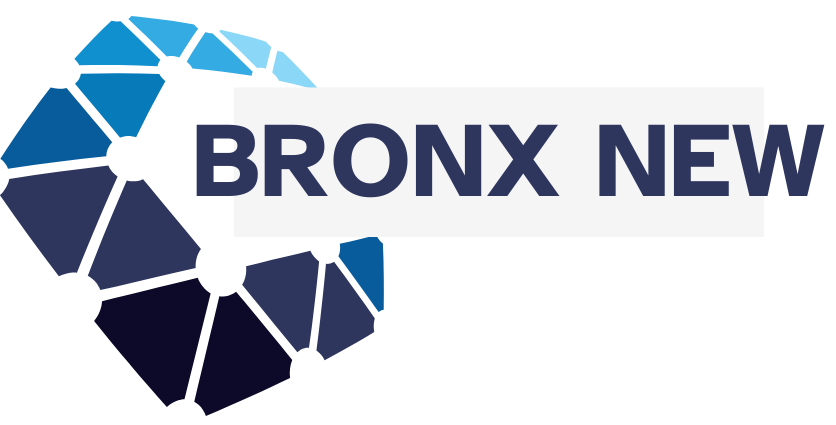Are you passionate about writing but never earned a formal degree? Don’t worry! You can become a paid writer without traditional qualifications. In this guide, we explore pathways to make money through writing, from freelancing platforms to networking. Each path offers unique opportunities for aspiring writers focused on skill and dedication. Keep reading to learn practical steps that can help you earn as a writer without academic credentials.
Freelancing Platforms: A Gateway to Writing Jobs
Freelancing platforms such as Upwork, Fiverr, and Freelancer offer a significant avenue for writers looking to start their career, even without a degree. These platforms act as a bridge between clients and writers, offering opportunities for jobs ranging from blog writing to technical content creation.
Creating a strong profile is crucial. Highlight your writing skills, any relevant experience, and your enthusiasm for the craft. New writers can showcase samples of their work, even if they’re personal projects or assignments. This acts as a virtual portfolio, allowing potential clients to see your writing style and skills.
One of the benefits of these platforms is the ability to specialize. Writers can focus on niches they are passionate about or areas where they possess some expertise. This specialization can set you apart in a crowded field and attract clients who are looking for targeted skills.
It’s important to engage with client feedback actively. Freelancing platforms often have rating and review systems. Positive feedback can greatly enhance your visibility and credibility on the platform. Constructive criticism allows you to grow and refine your skillset, which is invaluable in evolving as a writer.
Lastly, these platforms offer an excellent opportunity for financial independence. Writers can choose projects that align with their interests and skills, often with the flexibility to work from anywhere and set their schedules. This flexibility makes freelancing an attractive option for many aspiring writers.
Networking: Connecting with Potential Clients

Networking is a powerful tool for connecting with potential clients who might need writing services. To excel in this, start by joining online communities and forums where writing projects are frequently discussed. Engaging in relevant conversations and sharing insights can help you become more visible.
Social media platforms like LinkedIn are also invaluable. Keep your profile updated and actively participate in discussions. This is a great way to meet new contacts who may require your skills.
Attend writing workshops and seminars, either virtual or in-person, as they offer opportunities to meet like-minded people. You can find potential clients by contributing to discussions or simply by networking with industry professionals.
Another effective strategy is to reach out to businesses or individuals who resonate with your writing style. Customized emails showcasing your interest and capabilities can help open doors to future projects.
Building a Portfolio without a Degree
Creating a portfolio is crucial for aspiring writers, even without a formal education. Showcase diverse samples: Curate a collection of your best work that highlights your unique style and versatility. Include various content types like blog posts, articles, and short stories to demonstrate a broad skill set. Leverage personal projects: Start a blog or contribute to community sites to create quality pieces. These are valuable as they show initiative and self-motivation. Highlight your niche: If you have a particular interest or specialty, make it a focal point of your portfolio. Craft compelling pieces on specific topics.
Use platforms like Medium:
Medium is an excellent place to publish your work and reach a wider audience. It allows potential clients to view your expertise easily. Client testimonials and feedback: If possible, include positive feedback from past projects to build credibility. This aspect is essential for those starting without a degree, as it can significantly enhance your trustworthiness. Aligning your portfolio with client needs and interests can set you apart in the competitive writing industry.
Continuous Learning: Enhancing Writing Skills

In the dynamic world of writing, continuous learning plays an essential role in enhancing writing skills, especially for individuals striving to get paid as writers without a formal degree. One way to consistently improve is by taking online courses and webinars focusing on varied writing techniques and genres. This approach broadens your understanding and exposes you to different writing styles, structures, and audiences.
Engaging regularly with writing communities is another strategic method to learn. These communities provide feedback and offer diverse perspectives on writing. Consider joining forums or social media groups where writing enthusiasts discuss challenges and share success stories.
Practicing writing with consistency is key. Set aside time daily to write creatively, experiment with different tones, and explore new topics. This habit not only improves your writing fluency but also boosts your confidence in delivering high-quality content.
Reading extensively
serves as a powerful tool for learning. By reading a variety of content, from books to blogs, you assimilate different vocabularies and sentence structures. It expands your knowledge base and inspires diverse writing ideas, helping you craft engaging and informative pieces.
Lastly, seeking feedback from peers, mentors, or writing groups can offer valuable insights into your writing style. Constructive criticism plays a pivotal role in identifying areas for improvement, paving the way towards enhancing your skills and increasing your marketability as a writer.





